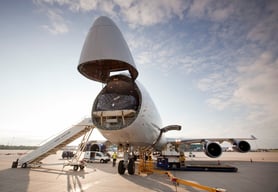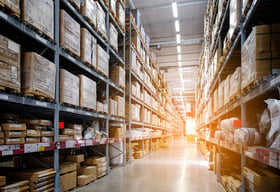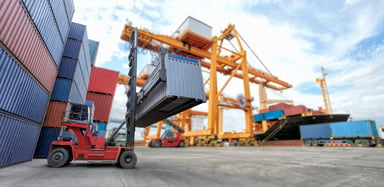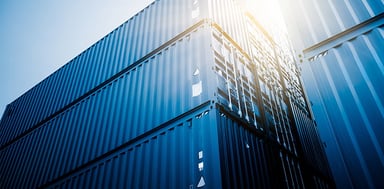
UN Numbers

Home > Freight Glossary > UN Number
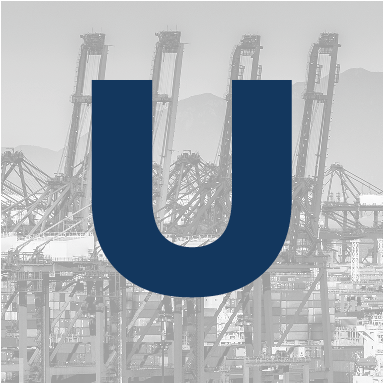
Trending
What is a UN number?
A UN number, or United Nations number, is a four-digit code used to identify hazardous materials and articles in international transport. Administered by the United Nations Committee of Experts on the Transport of Dangerous Goods, these numbers are universally recognized and provide a shorthand way to understand the risks associated with specific substances.
The Importance of UN Numbers
UN numbers are crucial for several reasons:
-
Safety: They provide quick, clear information about the dangers of a material.
-
Efficiency: Facilitates the global trade and transport of potentially dangerous chemicals by standardizing classification.
-
Compliance: Helps companies comply with various national and international regulations.
-
Response to emergencies: Enhances the effectiveness of responses to accidents by providing first responders with clear information about the hazardous materials involved.
Most common dangerous goods by UN Number
Certain hazardous materials are more commonly transported than others. Here are some key examples along with their UN numbers:
-
Diesel Fuel (UN 1202): Classified as a flammable liquid, diesel fuel requires careful handling during transportation.
-
Diesel Oil (UN 1202): Similarly to diesel fuel, diesel oil shares the same UN number due to its flammable nature.
-
Gasoline (UN 1203): As a highly flammable liquid, gasoline is another substance that necessitates stringent safety measures.
-
Hazardous Material (General): Many hazardous materials fall under various UN numbers depending on their specific chemical and physical properties.
-
Dry Ice (UN 1845): Used primarily for cooling during shipping, dry ice is classified as a miscellaneous hazardous material due to its sublimation to carbon dioxide gas.
-
Propane (UN 1978): Known for its use as a fuel, propane is a flammable gas and requires specific handling instructions.
-
Hydrochloric Acid (UN 1789): This corrosive substance is dangerous, particularly if it comes into contact with skin or is inhaled.
-
Methanol (UN 1230): As a flammable liquid, methanol can be hazardous if mishandled.
-
Chemical UN Numbers: Various chemicals have specific UN numbers; for instance, sulfuric acid is designated as UN 1830.
Ensuring secure shipment of your goods
Ensuring the safe and secure shipment of hazardous materials requires more than just recognizing UN numbers. Shippers and carriers must follow specific packing, labeling, and documentation guidelines. This includes:
-
Proper Packaging: Using UN-approved packaging that meets rigorous testing standards.
-
Accurate Labeling: Applying the correct labels and placards to inform handlers and the public about the contents' risks.
-
Thorough Documentation: Completing all necessary shipping documents that detail the nature of the contents and their associated hazards.
Contact
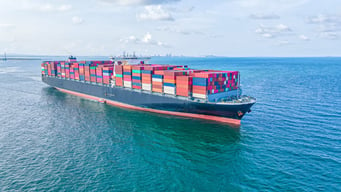
Ocean Freight

Road Freight

